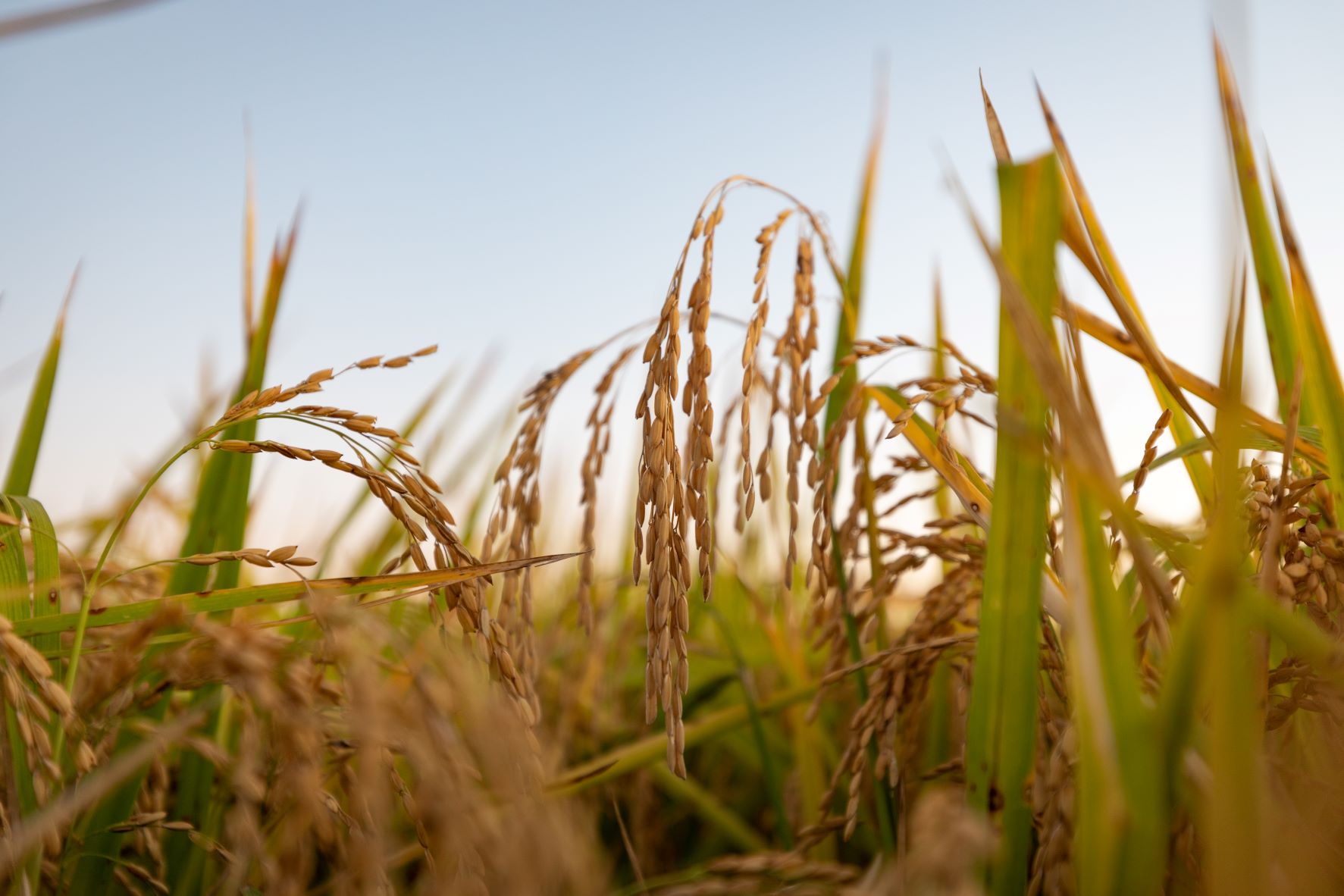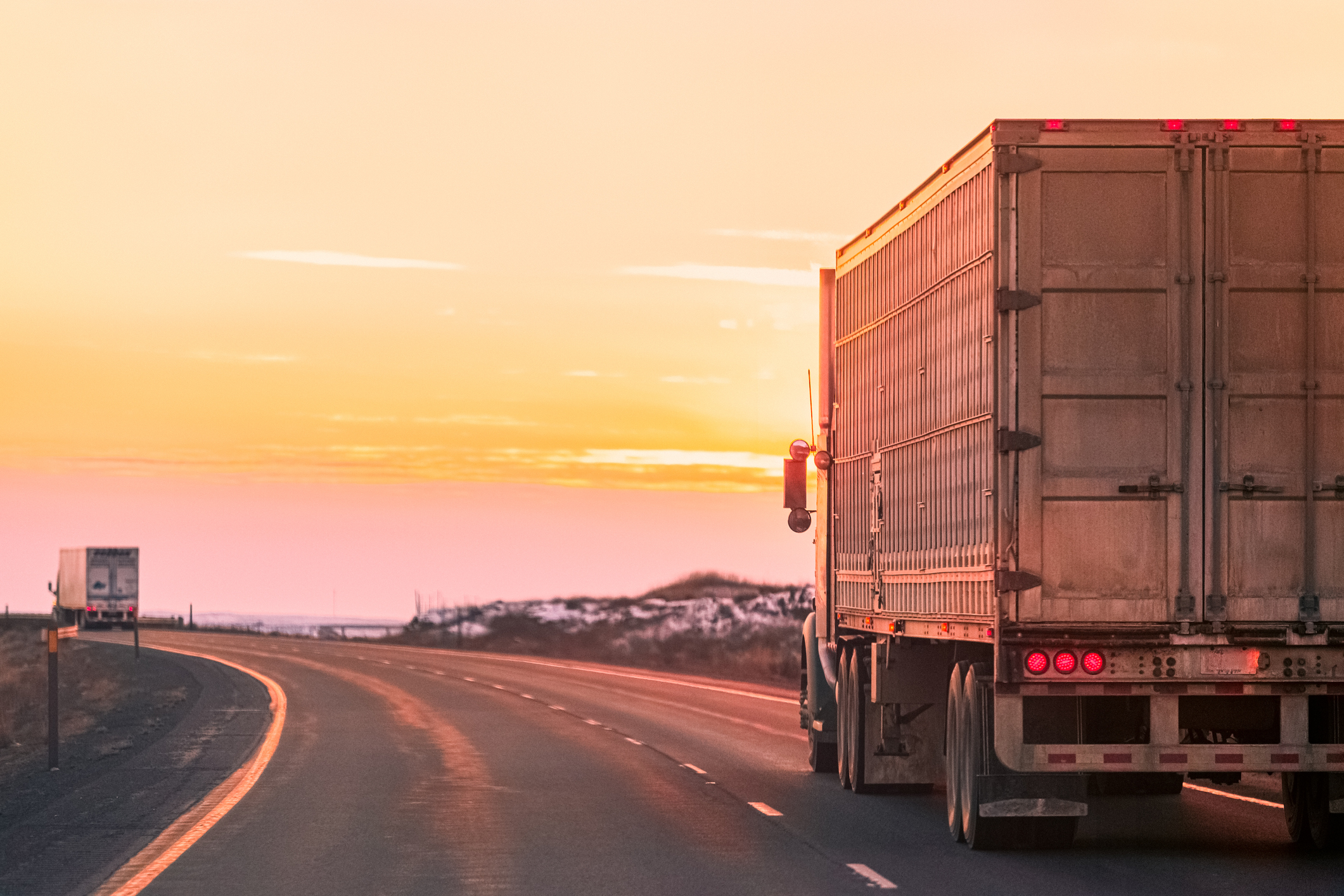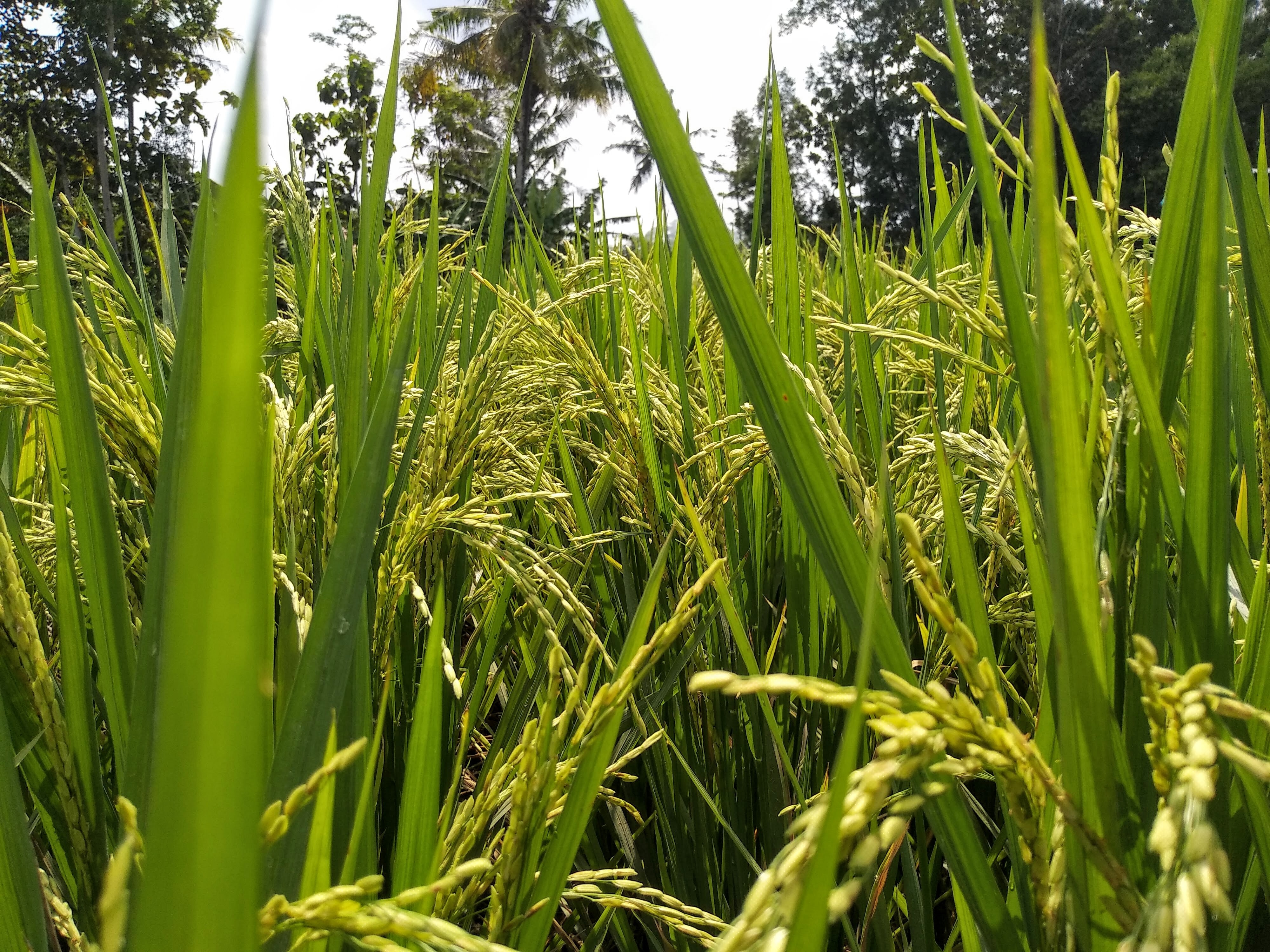Client

Expertise
Footprinting
Impact
Using primary activity data to make confident business decisions.

Challenge
How can organisations work with suppliers to accurately track their value chain emissions?
Whether it’s the agricultural production of ingredients, the manufacturing of bottles and cans or the cooling before consumption, capturing a brewer’s full value chain footprint is a highly intricate process. With so many elements in the mix, organisations cannot track their carbon reduction efforts if they rely solely on basic spend-based data and assumptions.
Measuring the true carbon footprint of a food or drink provider requires cross-collaboration with suppliers to obtain primary data. That’s why, since 2016, Carlsberg Group has been working with the Carbon Trust to improve its Scope 3 footprint quality.
Following the footprinting of its own emissions, Carlsberg wanted to go further and sought to step up its ‘ZERO carbon footprint’ ambitions. The company evolved its ESG work to develop the Together Towards ZERO and Beyond (TTZAB) programme. This aimed to collaborate more with suppliers and refine its value chain footprint measurement, so Carlsberg can focus its decarbonisation efforts on the right places and set its path to achieving Net Zero carbon emissions across the entire value chain by 2040.
Scope 3 emissions
Indirect emissions (which do not fall under Scope 2 emissions) that can be found across an organisation’s value chain. It covers the emissions generated by suppliers, distributors and consumers, e.g., through the purchase of services and goods, business travel and waste in operations. It also encompasses activities like leased assets, transport and distribution, the use and disposal of sold products and the impact of any investments. The Greenhouse Gas Protocol’s Scope 3 Standard has identified 15 categories across upstream and downstream activities.
Learn moreSolution
A bespoke emissions calculator for primary supply chain data
Since 2016, Carlsberg has taken a continuous approach to engaging with its supply chain partners and improving the granularity of its carbon footprint. Together, we have:
Impact
Confident decision-making in climate action and beyond
From the barley fields to the beer in hand, together we have been refining Carlsberg’s carbon footprint measurement and helped Carlsberg set climate targets aligned with the 1.5C target in the Paris Agreement. The impact of our partnership and Carlsberg’s climate efforts is far-reaching. The collaboration has:






